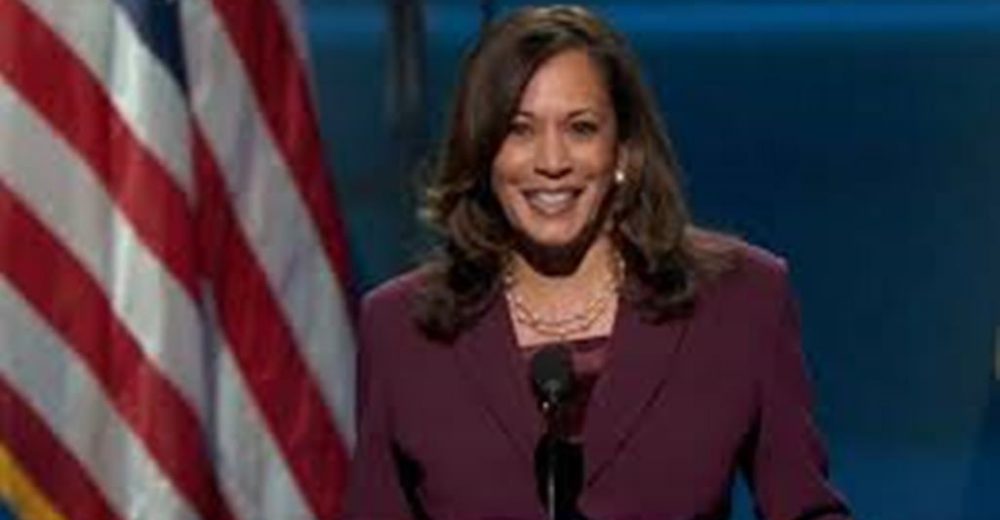One of the streaming giants since day one, Netflix has been the undisputed champion for years. But with rising subscription costs, erratic content lineups, and growing competition, many viewers are looking elsewhere to find other platforms to satisfy their binge-watching appetites. If you desire special content, original programming, or lower prices, here are 10 of the best Netflix alternatives to use in 2025.
UrbanflixTV
Price: $4.99/month
Advantages:
Highlight inclusive storytelling and marginalized voices
Contains a mix of first-run content, films, and stand-up specials
Inexpensive charging
Cons:
Smaller content pool than big platforms
Less familiar films might be underestimated
Why It’s Worth It: Launched by Herb Kimble,an actor, director and producer, UrbanflixTV brings new, richly cultural narratives to the screen and puts diversity in entertainment first. It’s ideal for those who want real, community-driven content without breaking the bank. Herb Kimble says: “Our goal is not to be the biggest, but to be the best at offering originals in the multicultural and urban narratives.”
Hulu
Price: $7.99/month (ad-supported), $17.99/month (ad-free)
Advantages:
Pros
Access to next-day shows from top networks
Powerful original content such as The Handmaid’s Tale
Bundle with Disney+ and ESPN+
Cons:
Ads in the starter level
Limited international availability
Why It’s Worth It: Hulu is ideal for shoppers who desire to have access to live TV plus on-demand shows, such as next-day premiers of the most popular television programs.
Amazon Prime Video
Price: $8.99/month or included with Amazon Prime ($14.99/month)
Pros:
Large collection of movies and TV shows
Boasts award-winning originals like Reacher and The Boys
Rent or buy new releases option
Disadvantages
Interface can get congested
Some content attracts additional fees
Why It’s Worth It: With its huge catalog and integration with Amazon services, Prime Video strikes a good balance of entertainment and convenience.
Disney+
Price: $7.99/month (advertised), $13.99/month (no ads)
Advantages:
Massive library of Disney, Marvel, Star Wars, and Pixar content
Great for children and families
4K streaming added free of charge
Cons:
Reduce adult content diversity
Limited third-party titles
Why It’s Worth It: Disney+ is a must for blockbuster franchise fans and families looking for safe, high-quality content.
Max (formerly HBO Max)
Price: $9.99/month (ad-supported), $15.99/month (ad-free)
Pros:
Award-winning originals such as Succession and The Last of Us
Extremely vast library of legendary HBO shows, Warner Bros. films, and others
4K content accessible
Cons:
More costly than certain rivals
Regional availability may vary
Why It’s Worth It: Max is a premium service with premium content and prestige stories for serious cinema enthusiasts.
Peacock
Price: Ad-supported for free plan, $5.99/month for Premium, and $11.99/month (Premium Plus)
Advantages:
Budget-friendly options
Watching NBC shows tomorrow night
Robust sports and reality TV schedule
Cons:
Restricted choice on the free plan
Certain popular series might necessitate Premium Plus
Why It’s Worth It: Peacock is a great value with some great old-fashioned favorites, original shows, and live sports.
Apple TV+
Price: $9.99/month
Advantages:
Star-studded originals and high production value
No ads
Affordable with family sharing
Cons:
Smaller content library
Limited third-party titles
Why It’s Worth It: Apple TV+ performs better with award-winning programming such as Ted Lasso and Severance, attracting viewers who enjoy premium drama.
Paramount+
Price: $5.99/month (Essential), $11.99/month (with Showtime)
Pros:
Familiarity with CBS, BET, Comedy Central, and Nickelodeon
Live sports and news
Affordable bundles
Disadvantages:
Interface still improving
Some content gated behind higher-tier plans
Why It’s Worth It: Ideal for viewers who want to indulge in both nostalgia and contemporary programming under one roof.
Crunchyroll
Price: Free with ads, $7.99–$14.99/month (Premium plans)
Benefits
World’s best anime choices
Simulcasts and exclusives
Manga content included
Cons:
Niche content might not be desirable to all
Free version ads can be intrusive
Why It’s Worth It: Crunchyroll is a must-have for any anime fan, with the best collection of subbed and dubbed anime out there.
Tubi
Price: Free (ad-supported)
Advantages
100% free
Surprisingly diverse library
No subscription required
Cons:
Ad breaks
Limited original content Why It’s Worth It: Tubi is ideal for budget-conscious viewers who want a strings-free streaming experience.
Final Thoughts
Netflix is the leader, but it’s not your only choice. Want budget-friendly plans, family-friendly content, or culturally appropriate storytelling from the likes of UrbanflixTV? There’s a streaming platform out there with your name on it. Testing one—or a few—of these services might just give your streaming game a boost you’re not familiar with.










